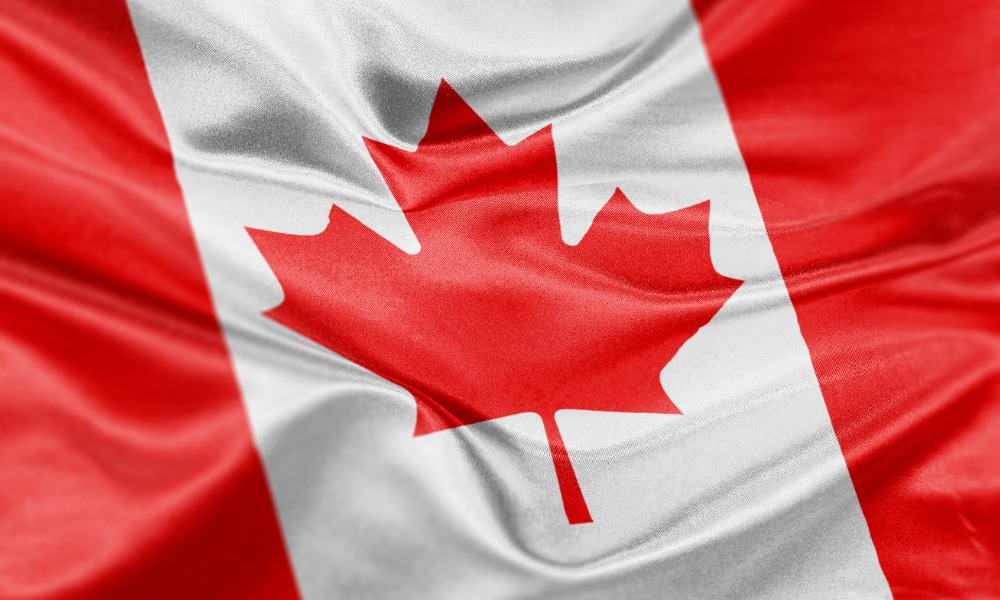Harry and Meghan stand to reap some financial benefits by moving to the Great White North

The decision faced by Prince Harry and Meghan Markle on where they should live out their aspirations of “financial independence” might be a thorny one. The royal couple seem to be set on having a base in North America, with the Queen confirming that they’d spend much of their time in Canada rather than the U.S. — which might be best for them financially, for three reasons.
“[M]oving to Canada will keep Prince Harry out of the complex web of U.S. international tax law,” said MarketWatch contributor Brett Arends. He observed that the U.S. is almost unique among countries in taxing its citizens and other “U.S. persons” worldwide, even if they move abroad permanently.
As a resident of the U.S., the prince would be subject to U.S. situation, raising the awkward prospect of Internal Revenue Service notices being sent to Buckingham Palace to demand that British royal trusts file accounts and pay U.S. taxes. Should Meghan and Prince Harry follow in the footsteps of Oprah Winfrey or the Kardashians — imagine a reality show focused on the two and the royal baby — they would have a lot of taxable income for the IRS to chase, Arends noted.
Another advantage, which stems from Canada’s membership in the British Commonwealth, has to do with security. Because the Queen is head of state, the couple may be able to rely on Canada to help with security arrangements; Prime Minister Justin Trudeau has confirmed that the Canadian government will play “some role” in the couple’s life in Canada, but said there would be “lots of discussions” on whether taxpayers would be on the hook for the costs of their security.
As it stands, the two face better prospects of arranging state-sponsored security above the 49th parallel than in the U.S. The London Evening Standard has noted that “[A]s a prince of the realm of Canada, Harry and his family will be protected by [the Royal Canadian Mounted Police], which will have to be expanded,” adding that the United Kingdom’s Home Office mandates “Royal Protection by armed Metropolitan Police officers.”
Finally, Canada’s divorce law is fairly straightforward. In general, it splits all new marital wealth equally between the separating parties, which would make things simple as far as any assets acquired through a possible venture into celebrity coupledom is concerned.
“Essentially…any form of property that’s built up during the relationship would be divided 50/50,” Sophie Bartholomew, tax accountant at BC law firm Maclean Law told MarketWatch.
Citing Denise Whitehead, a professor of family and legal studies at the University of Waterloo, Arends wrote that the rule would apply to both assets acquired during the marriage and increases in asset values that occurred over that time. However, there are certain nuances with respect to “excluded” assets such as the money each party brought into a marriage and matters involving debt.
In contrast, the U.K. law governing how matrimonial property and assets should be split is not so cut and dried. In a blog post on the subject, Bennet Oakley Solicitors noted that “the law is far from clear on what constitutes matrimonial property.
“If the marriage has lasted for many years it is likely that any property acquired prior to the marriage will be considered part of the matrimonial pot,” it said. “However, if the marriage was one of short duration, fewer than five years, then it is less likely that one party to the marriage can make a claim on the extra-marital property of the other party.”



